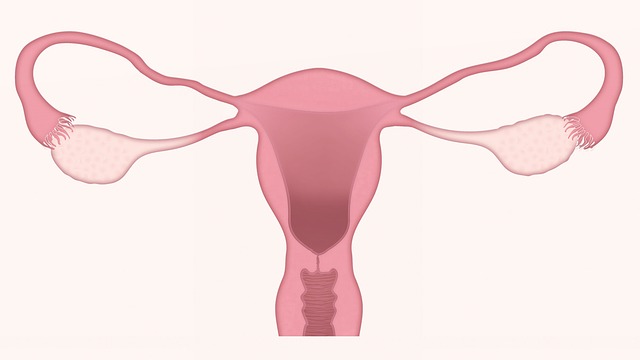In both the egg donation process and gestational surrogacy, synchronization of the cycle plays an important role to get a successful outcome of the treatment. The synchronization of the cycle can be defined as the synching up the menstrual cycle between the egg donor and egg recipient. Fertility treatment and contraceptive drugs are prescribed for matching the dates between them. The goal of synchronization of the cycle is to increase the chances of a viable pregnancy.
Importance of synchronization of the cycle
The significance of synchronization of the cycle in assistant reproductive treatment procedure is a better outcome of the treatment. The step by step process is followed to retrieve the egg from a donor, fertilize them with collected sperm in the laboratory, incubate the created embryos for a certain period for development and place the best quality embryo can be followed without any delay by adhering synchronization of the cycle between donor and recipient.
Both fresh or frozen embryo transfer is possible in egg donation, IVF and gestational surrogacy process. The advanced vitrification techniques applied for thawing the frozen egg give a very effective result with less difficulty to proceed with the IVF and surrogacy cycle without following synchronization of the cycle.
How does the synchronization of the cycle possible?
A fertility expert will instruct egg recipients to start administering oral contraceptive pills during a certain period depending upon the calculated date of the menstrual cycle of the donor. The oral contraceptive pill intake helps egg recipients to synch her menstrual cycle to match with the donor’s cycle. After a certain period, the Fertility expert will ask the egg recipient to stop the intake of the oral contraceptive pill for preparing the uterine lining to receive the fertilized egg. Whereas, the egg donor will be undergone hormonal therapy to stimulate the ovarian follicle to release the maximum number of viable eggs and also help in the egg retrieval process.
Egg or embryo recipient (maybe intended mother or gestational surrogate) needs to take progesterone pill or oral contraceptive pills need for a fresh transfer. In some cases, fertility experts may instruct to administer agonist injection to increase the flexibility of transfer dates.
Regular monitoring of blood estradiol (E2) is an essential step in egg or embryo transfer. Before transferring the embryo, the recipient keeps on an estrogen tablet on the 3rd day of her menstrual cycle and continue for approximately 10 days. The ideal blood E2 level is > 8mm, then she needs to continue progesterone supplementation for 3 days/5 days.
A predetermined number of embryos are transferred after approx. 72 to 120 hours of fertilization to the recipient’s uterus. After the procedure, the patient needs to take complete rest for one to two hours to facilitate the implantation and after then she discharge from the clinic.
Reference
https://www.ncbi.nlm.nih.gov/pmc/articles/PMC6262674/

Ravi Sharma is a self-motivated, successful entrepreneur and has a solid experience in the fertility segment. and he is the director at ARTbaby Global (ARThealthcare). He is a pharmacy graduate with post-graduation in business administration and has 14 years of rich experience in the field of infertility segment. He loves to write about IVF, Surrogacy, and other ART (assisted reproductive technology) news, issues, and updates. He is a Pharmacy graduate (B. Pharm) and M.B.A (marketing).
His most recent success includes the successful launch of the medical tourism company, ARTbaby, which offers treatment options for infertility, egg donation, and surrogacy. He likes spending time with his family and writing about various aspects of IVF surrogacy and donating eggs.

